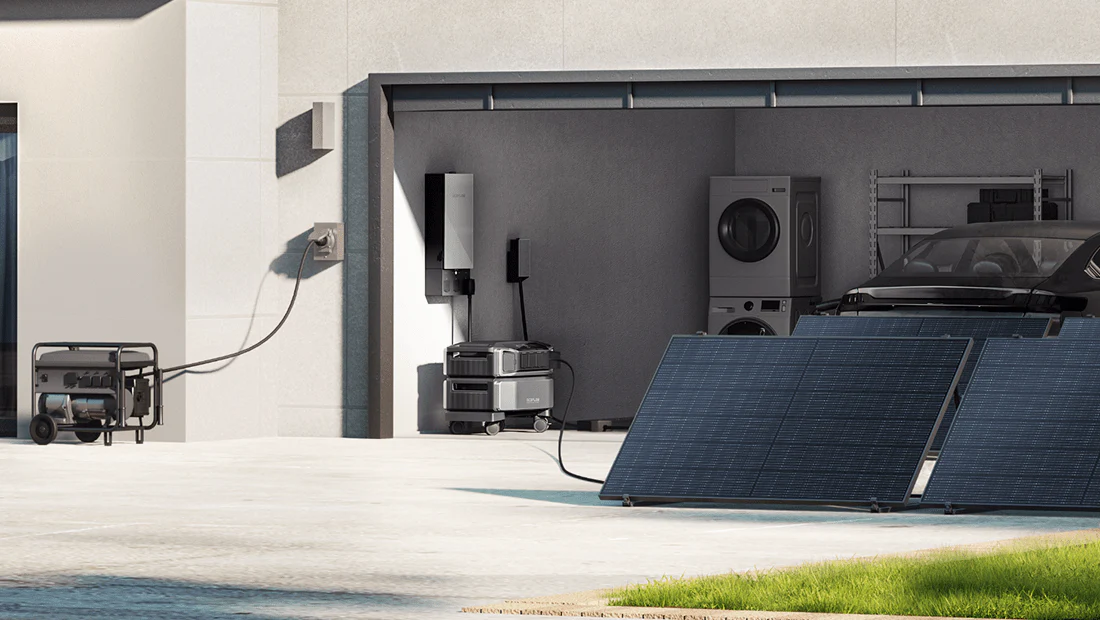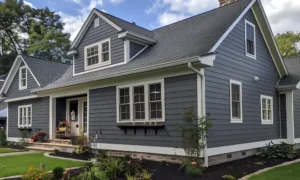A shocking 73% of DIY solar installations fail safety inspections, putting homeowners at serious legal and financial risk. As more households pursue energy independence, the temptation to cut costs through do-it-yourself solar solutions has led to a dangerous trend of unpermitted and non-compliant installations. For homeowners considering a home solar system, understanding these risks is crucial – from hefty fines reaching up to $10,000 to completely voided warranties and denied insurance claims. Even more concerning, improper installations can create fire hazards and compromise your home’s electrical system. While the appeal of DIY savings is understandable, the potential consequences far outweigh any initial cost benefits. Professional installation not only ensures your safety but also protects your investment through proper permits, code compliance, and maintained warranties. This guide will help you navigate the complex landscape of solar installation requirements and show you how to achieve energy independence the right way.
Understanding Solar Installation Legal Requirements
Why DIY Installations Trigger Legal Issues
Installing a solar system requires navigating complex federal, state, and local regulations designed to ensure safety and grid stability. Every installation must secure proper building permits, which typically involve detailed site plans, electrical diagrams, and structural engineering assessments. Utility interconnection agreements are mandatory, requiring specific equipment certifications and professional installation documentation. Most jurisdictions enforce strict building codes governing mounting systems, electrical connections, and emergency disconnect requirements.
DIY installations frequently run afoul of these requirements in multiple ways. Common violations include using non-UL listed equipment, improper conductor sizing, and inadequate grounding systems. These violations not only trigger substantial fines but can also invalidate federal solar tax credits worth thousands of dollars. Insurance companies routinely deny claims related to unpermitted solar installations, leaving homeowners fully liable for any resulting property damage. Many DIY installers also overlook critical documentation requirements for utility interconnection, leading to denied grid connections and potential legal action from power companies. The complexity of National Electrical Code (NEC) requirements for solar installations makes compliance nearly impossible without professional expertise and proper certifications.
Safety Hazards of Amateur Solar Installations
Amateur solar installations create serious safety risks that can endanger lives and property. Improper wiring techniques frequently lead to arc faults and electrical fires, with the National Fire Protection Association reporting a 200% increase in solar-related fire incidents from DIY installations over the past five years. Incorrect roof mounting has resulted in catastrophic structural failures, particularly during severe weather events, as DIY installers often fail to account for wind loads and proper water sealing. Recent investigations have documented numerous cases of severe electrical shocks due to improper grounding and inadequate disconnect mechanisms. The lack of proper surge protection in amateur installations has led to widespread equipment damage during lightning storms and grid fluctuations. Even when immediate disasters are avoided, poor installation practices create ongoing reliability issues – from premature panel degradation due to improper mounting angles to inverter failures from insufficient ventilation. Most concerning is the cumulative effect of these hazards: systems that appear to function normally may be harboring hidden dangers that worsen over time, creating ticking time bombs in residential electrical systems. Professional installers prevent these risks through rigorous safety protocols, proper equipment selection, and adherence to manufacturer specifications.
Benefits of Professional Solar System Installation
Professional solar installations provide crucial safeguards that protect homeowners’ investments and ensure long-term system reliability. Licensed installers maintain comprehensive code compliance through rigorous design reviews and quality control processes, eliminating the risk of costly violations. Their established relationships with utilities streamline interconnection agreements, preventing delays and technical complications that often plague DIY installations. Professional installations preserve manufacturer warranties through proper equipment handling and installation documentation, ensuring coverage for the system’s full lifetime. Insurance companies readily validate professionally installed systems, maintaining your home coverage and reducing liability exposure. Leading solutions like EcoFlow’s Smart Home Panel demonstrate how professional installation can maximize both safety and system performance through certified compatibility and advanced monitoring features. This comprehensive approach not only protects homeowners legally but also ensures optimal system performance through proper equipment selection, precise installation techniques, and ongoing support services.
Implementing Legally Compliant Solar Solutions
Achieving a legally compliant solar installation requires a systematic approach through key implementation stages. Start by thoroughly vetting potential installers – verify their state licensing, insurance coverage, and manufacturer certifications. Request references and review their track record with local building departments. Once selected, work with your installer to prepare comprehensive documentation, including detailed site plans, equipment specifications, and structural engineering assessments. Professional installers will handle permit applications and coordinate with local authorities to ensure all requirements are met before installation begins. During the inspection phase, certified professionals work directly with municipal inspectors to verify compliance with electrical codes, fire safety regulations, and building standards. System commissioning follows a rigorous protocol, including thorough testing of all safety systems, performance verification, and utility interconnection procedures. Finally, establish a maintenance plan that includes regular professional inspections, monitoring services, and documented maintenance records to maintain warranty coverage and ensure long-term compliance. This structured approach not only protects your investment but also provides peace of mind through documented adherence to all legal requirements.
Professional Installation: The Key to Safe and Legal Solar Power
The risks of DIY solar installations extend far beyond initial cost savings, creating lasting legal and financial vulnerabilities that can haunt homeowners for years. Professional installation ensures complete compliance with all regulations while delivering superior safety, performance, and peace of mind. The consequences of unpermitted installations – from five-figure fines to complete system shutdowns and insurance claim denials – make amateur installations an unacceptable gamble with your home and family’s safety. When you consider that professional installations include comprehensive permitting, warranty protection, insurance validation, and ongoing support, the value proposition becomes clear. Don’t compromise your investment or safety – partner with certified solar professionals who understand the complexities of proper installation and compliance. Remember, a truly sustainable energy solution isn’t just about generating clean power – it’s about doing so safely, legally, and reliably for decades to come.

































